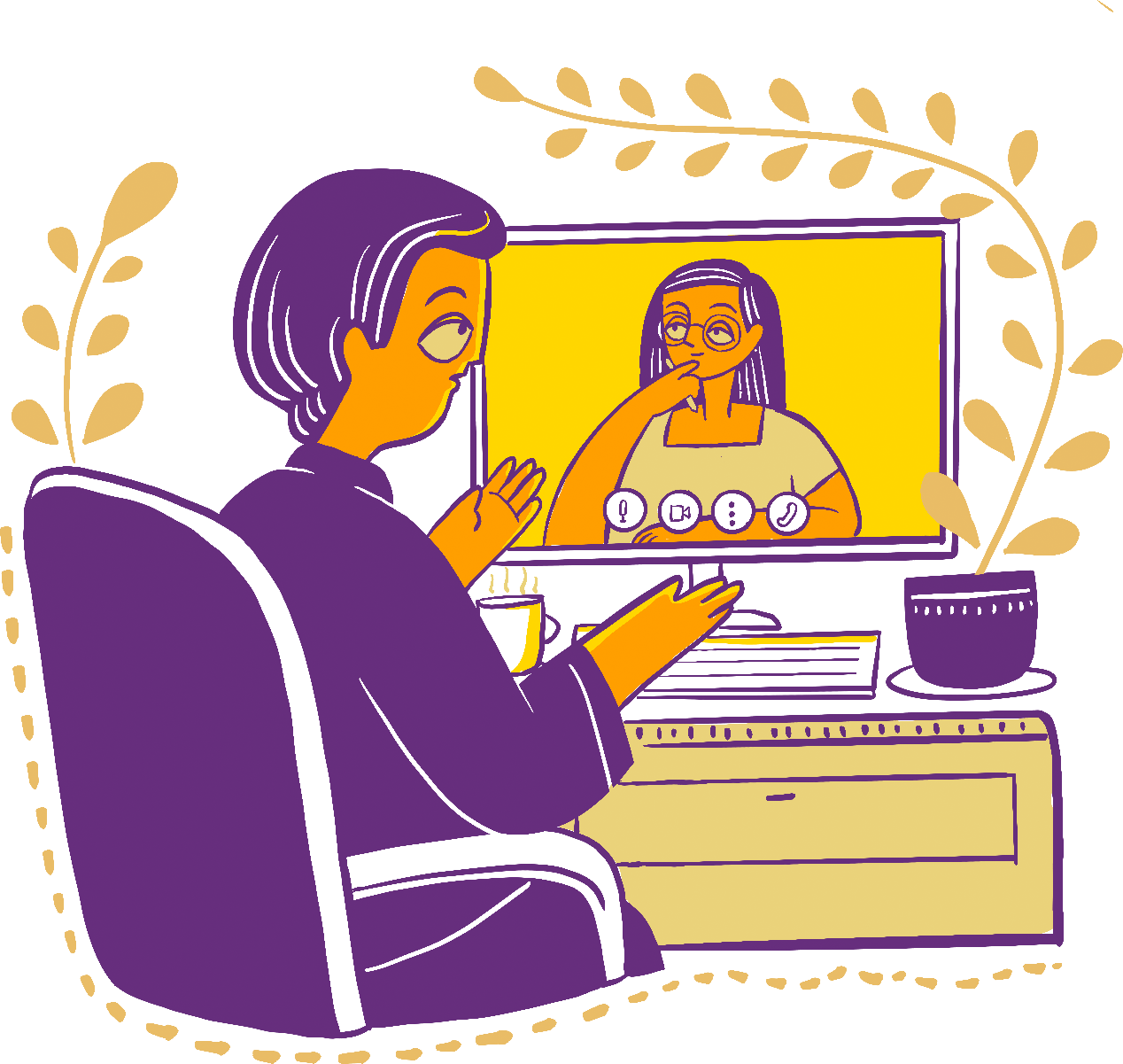How to navigate job security and employee wellbeing in the age of automation?

If this article has appeared in front of you right now without searching, the AI algorithm has already demonstrated itself even before we acknowledge it. Being a therapist in the post-pandemic era, I have seen a lot of revolution around how Artificial Intelligence has been coming into the picture in the most unimaginable and subtle ways. From using ChatGPT as an alternative to therapy to using other tools to write content, finish your essays, or even plan itineraries for trips, AI has gained a position that you simply cannot ignore. An easy example is when you talk to your friend about starting therapy and you start getting ads that speak about how to care for your mental well-being everywhere on the internet. AI has simplified tasks and lifestyles and that should be a good reason right? But it comes with a greater cost too. This article will dive deep into what AI can do to stabilize jobs and how it can also have a deeper impact on changing everyone’s mindsets.
AI through the frame of tech leaders
The CEO of Tesla Motors, SpaceX, and CTO and Executive Chairman of X (formerly known as Twitter) Elon Musk has spoken multiple times about the threats AI possesses and also called AI more dangerous than nuclear weapons. He says that AI will eventually eliminate the need for human beings to work. Elon Musk along with other thousands of researchers and tech leaders participated in an open letter warning that urged to put a pause on AI labs.
The CEO of Microsoft, Satya Nadela displays a rather hopeful approach and says that AI can displace jobs but it can also aid in developing skills required for the new job. He emphasized that Microsoft’s AI will outweigh any potential negatives or threats.
Artificial intelligence has played a massive role in revolutionizing and redefining healthcare. The CEO of Google Sundar Pichai announced a huge milestone for Healthcare Industry made possible by Artificial Intelligence in 2023. Google’s AI is eligible to predict Cardiovascular diseases with just an eye scan.
Google also introduced an algorithm that uses five-year retinal imagery data to identify a person’s gender, their smoking status, and the running risk of a heart attack. The retina provides extremely valuable insights into a person’s well-being and assessing potential health risks.
The potential threat to creativity and human imagination
Every creative field requires imagination, innovation, and decision-making that challenges the traditional and already existing norms. A storyteller for example uses his creativity to tell the same tale in many different ways using humor, fantasy, mystery, and nostalgia. He uses his imagination and skills to make it personal and intimate.
But AI tools like ChatGPT, and Midjourney can help you obtain the same piece of story when you specify your demands of genre, word limit, tone, and intention. In a Paris-based UNESCO AI Conference, several artists spoke about the impact of AI on their creative mediums. Yvonne Muinde, a Visual artist who worked on films like Avatar and The Hobbit mentioned that while it was helpful for people with extensive experience, it can hamper the careers of the beginners by restricting their idea development and engagement with other people.
The Film Industry of Hollywood saw a 5-month strike by the Writers Guild of America where the screenwriters protested against the use of AI tools that can jeopardize their credit, efforts, and monetary compensation. The strike concluded with an agreement that AI cannot be used for writing or rewriting the scripts and writing emerging from AI cannot be considered as source material. This reflects a strong need to have a guideline of regulations around the usage of AI so that it remains an aid and does not convert into a threat to humans.
Indian Prime Minister Narendra Modi says that in the 21st Century AI has the potential to become the strongest tool but can also play a crucial role in destruction. He emphasizes the need to regulate the ethical use of AI.
How can employees navigate through this change?
- You may like it or dislike it but it is important to acknowledge this new era of technological development. Acknowledgment can help in being more open to learning about it. Learning the benefits and threats of it can be very helpful to understand to what extent you want to make it a part of your life.
- It would be very helpful if the managers' loop in the employees and discuss the technological involvements openly. This can help the employees gain clarity and also help them feel less insecure. This can help create an environment of inclusion and foster understanding between the manager and employees.
- Befriending the tools rather than fearing them: Even though you may feel like the algorithm is getting the best of you, remember the control will always be in your hands. Every decision you make will decide the future of AI “for” you. Reflect on where you would like the AI to be involved and why. Feeling insecure or scared is natural but remind yourself that you have the power to decide for yourself.
